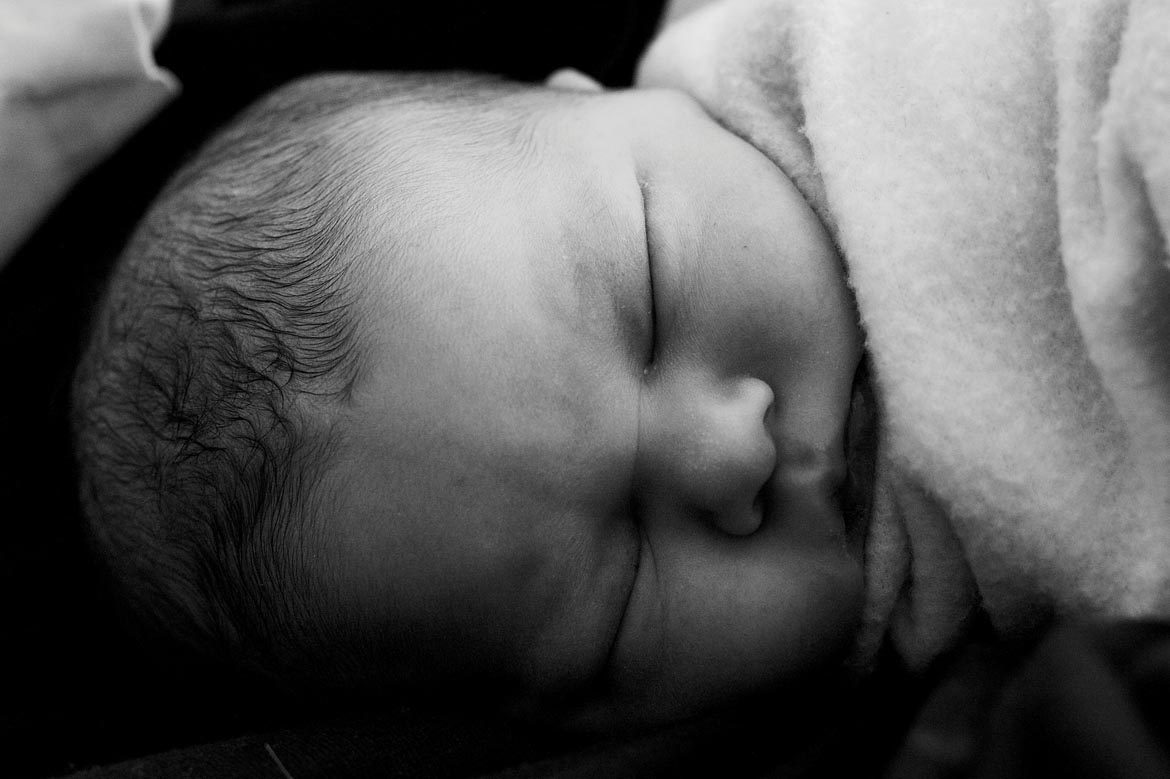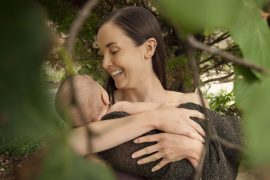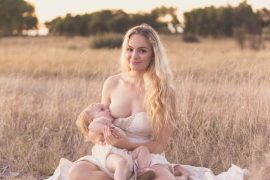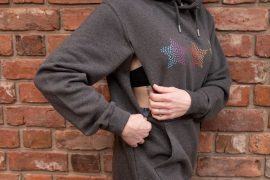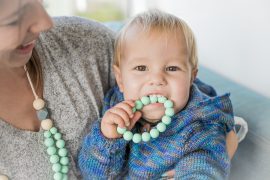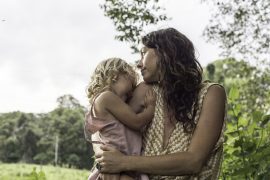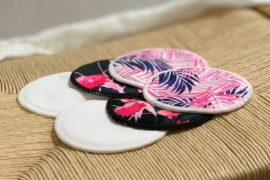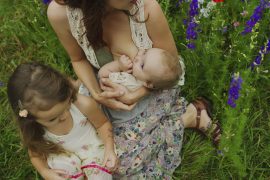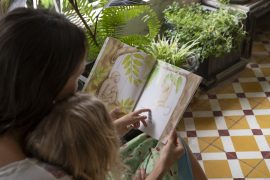By Hannah Schenker
Why does science know more about coffee and tomatoes than a mother’s breastmilk? Lactation researcher Katie Hinde explores this question in her talk at TEDWomen 2016.
Why you should listen
“Did you know mother’s milk is older than dinosaurs? Or that the “biological recipe” of milk differs for sons and daughters? Or that milk doesn’t just build babies but fuels them too? Mother’s milk is the food, medicine and message that organize a baby’s brain, body and behavior. What we take for granted in the grocery store dairy aisle has been shaped by hundreds of millions of years of natural selection. As scientists decode the mysteries of milk, we gain essential new tools for human health and well-being.
“Scientist, writer and advocate, Katie Hinde, PhD, explores the dynamic interactions between mothers, milk, and infants. Author of dozens of essays and academic articles, Hinde situates her work at the intersection of the life sciences and social sciences to inform parents, clinicians and policy-makers about institutional and inter-personal support of mothers and babies. Hinde co-authored the book Building Babies and founded the science outreach blog, “Mammals Suck…Milk!“
“Understanding milk can directly translate to more personalized clinical recommendations and health optimization for mothers and their infants as well as substantiate the importance of infrastructure and institutional support for breastfeeding. Further, identifying the composition and function of milk informs the formulation of more representative artificial breast milk for those mothers facing obstacles or contraindications to breastfeeding. Lastly, decoding mother’s milk will allow for enhanced precision medicine for the most fragile infants and children in neonatal and pediatric intensive care units. Such integrative approaches to mother’s milk take discoveries at the bench to applications at the bedside.”

